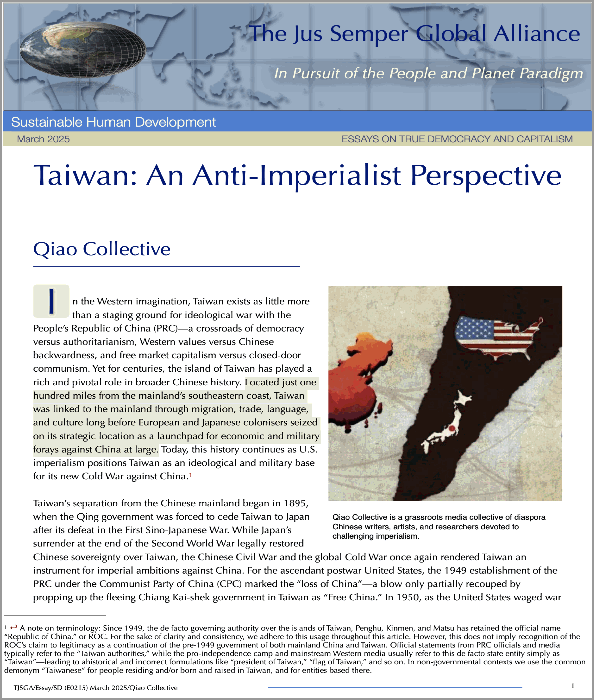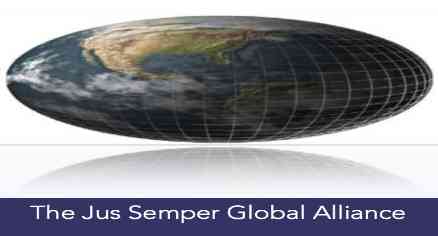–Capitalism and the Metabolic Rift
The same basic logic was present in the other famous passage on the metabolic rift, at the end of the chapter on “The Genesis of Capitalist Ground Rent” in the third volume of Capital. There Marx referred to “the squandering of the vitality of the soil” by large-scale capitalist enterprise, generating “an irreparable rift in the interdependent process of social metabolism, a metabolism prescribed by the natural laws of life itself.” In both instances, Marx’s notion of the robbery of the soil is intrinsically connected to the rift in the metabolism between human beings and the earth. To get at the complexities of his metabolic rift theory, it is therefore useful to look separately at the issues of the robbery and the rift, seeing these as separate moments in a single development. This is best done by examining how Marx’s ecological critique in this area emerged in relation to the prior critique of industrial agriculture provided by the celebrated German chemist Justus von Liebig. Of particular importance in this context is Liebig’s notion of the “robbery system” (Raubsystem) or “robbery economy” (Raubwirthschaft), which he associated with British high farming. For Marx, as for Liebig, this robbery was not of course confined simply to external nature, since humans as corporeal beings were themselves part of nature. The expropriation of nature in capitalist society thus had its counterpart, in Marx’s analysis, in the expropriation of human bodily existence. The robbery and the rift in nature’s metabolism was also a robbery and a rift in the human metabolism. This was visible in the many forms of bonded labour, in the conditions of social reproduction in the patriarchal household, and in the destructive physical impacts and the loss of the vital powers of individual human beings.
For a full read of this brief, click here or on the picture to download the pdf file.
|

- © The Jus Semper Global Alliance
| Home |  | Resources |  | Economic Data |  | The Robbery of Nature |


